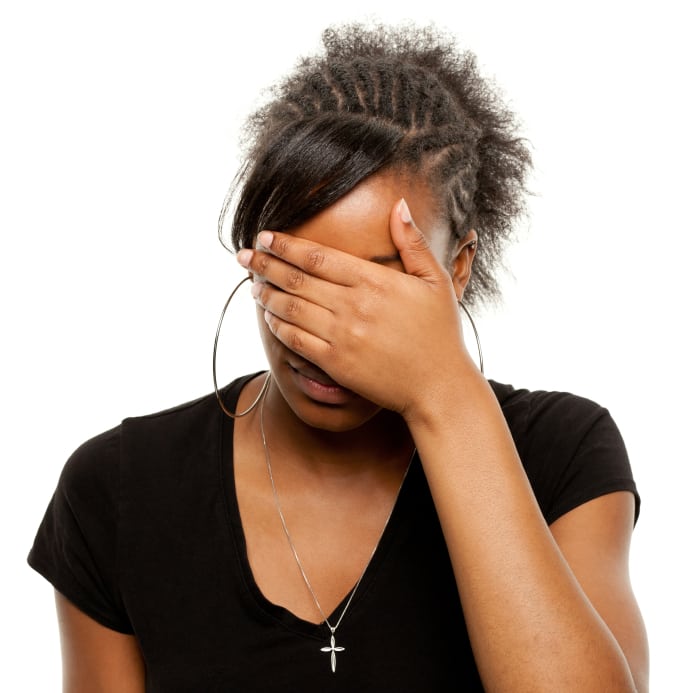 The concept of “distancing” has multiple definitions. In the most literal sense, to distance oneself from something is to put space between it and you–this definition implies you were (or still are) physically close to or similar in nature to that person or object which you feel the need to distance yourself.
The concept of “distancing” has multiple definitions. In the most literal sense, to distance oneself from something is to put space between it and you–this definition implies you were (or still are) physically close to or similar in nature to that person or object which you feel the need to distance yourself.
Distancing yourself from a person or object also implies that there is an observer who has determined that you are too close to that which you seek to gain distance and distinction from. Either this observer is you, or this observer is some outside entity.
Several times I have seen black women write that black women need to act to distance themselves from other black women. But why would I need to distance myself from the actions of another black woman if I am in no way, shape, or form involved in that other woman’s behavior? And if I don’t see myself as being in any way connected to that other woman’s actions, then the only other alternative reason why I would need to distance myself from that woman is to appease the sentiments of some outsider who is unable–or, most likely, unwilling–to distinguish me as an individual from that other woman.
Again, let’s bring this back to Rachel Jeantel.
I, for one, feel no need to distance myself from Rachel. I have never met Rachel, and probably never will. I’ve never even been to the state of Florida. So why would I need to, as some people have suggested, distance myself from the behavior of Rachel Jeantel? Is it because we are both black women and some people think the actions or inaction of one black women reflects on all black women? Because, certainly, I don’t feel as I need to distance myself from Rachel. I recognize that she and I are two separate human beings. Well, if I don’t feel I need to distance myself from Rachel then the only other option is that some outside observer who is unable and unwillingly to judge Rachel and I as two distinct human beings feels that I should be distancing myself from her because this outside observer is unable to see us as individuals. In this observer’s eyes, the behavior of one black women has to reflect on us all–black women are not individuals, we are one amorphous mass of cells who all think and act alike.
But, thankfully, I am a free-thinking black woman who refuses to be unencumbered by the outside observations and feeling of racists and misogynists who willfully refuse to see black women as individuals.
Unfortunately, not all black women are as unencumbered as I, and these black women have allowed their encumbrances to make them feel the need to act as guard dogs to other black women. Some black women have accepted the notion that in order to prove to outsider observers (e.g., racists and misogynists) that they aren’t like those other black women they must be the first one to attack the ‘bad behavior’ of other black women.
And of course, none of us should refuse to call a spade a spade. If someone we don’t know commits a crime and we are asked to speak our opinion on the matter, then we should feel free to speak freely. But the right to speak freely does not obligate you to be for, against, or to even have an opinion on what that other person did. And you definitely are not obligated to speak negatively against the person so that you can assure outside observers that you aren’t like that.
So, the questions are these: Do you feel the need to distance yourself from other black women who do not share the same socioeconomic class background as you? Do you feel that when one black women fails to measure up to your standards then other black women should come together to publicly (or privately) rebuke that one black woman? In the act of distancing yourself from another black women, are you acting on your own volition or because of how you believe you appear to an outside observer? And, perhaps most importantly, where do you think this desire to distance oneself comes from?
____________________________________________
Jamila Akil is a Senior Editor at Beyond Black and White. Follow her on Twitter @jamilaakil